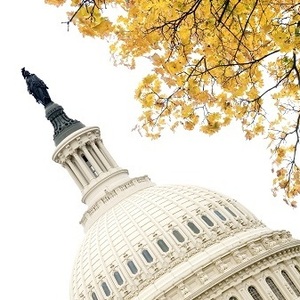NBB urges Congress to act on biodiesel tax incentive

October 28, 2016
BY The National Biodiesel Board
Advertisement
Advertisement
Related Stories
The U.S. DOE has announced its intent to issue funding to support high-impact research and development (R&D) projects in two priority areas: sustainable propane and renewable chemicals and algal system cultivation and preprocessing.
The U.S. EPA on Dec. 19 released data showing that 2.03 billion RINs were generated under the RFS in November, up from 2.01 billion generated during the same month of 2023. Nearly 22.9 billion RINs were generated during the first 11 months of 2024.
The U.S. EPA on Dec. 19 released updated small refinery exemption (SRE) data reporting that one new SRE petition has been filed under the Renewable Fuel Standard during the past month. According to EPA, 131 SRE petitions are currently pending.
The USDA Rural Business Cooperative Service on Dec. 13 announced it is extending the deadline to apply for the agency’s Section 9003 loan guarantee program. Applications must now be submitted before Dec. 31.
The U.S. DOE has announced $52 million in funding for six university and industry projects to advance the production of low carbon intensity, purpose-grown energy crops critical to accelerating a clean energy bioeconomy.





